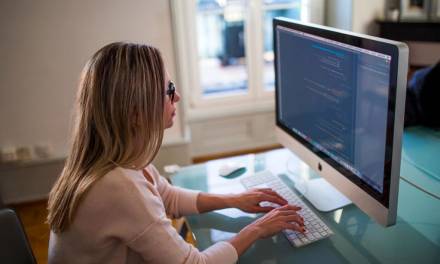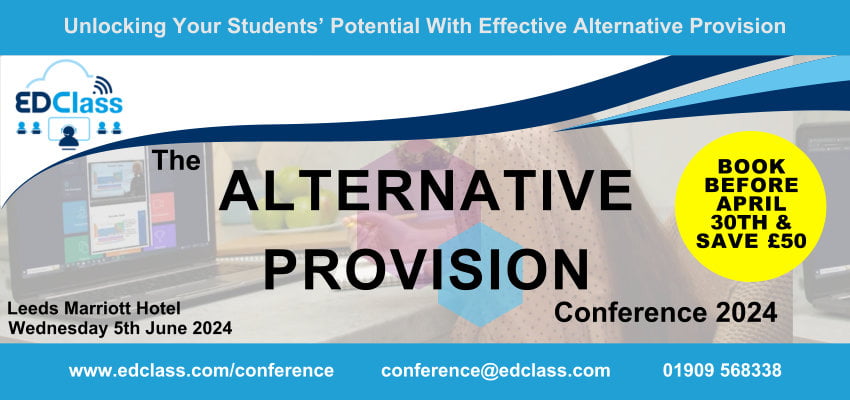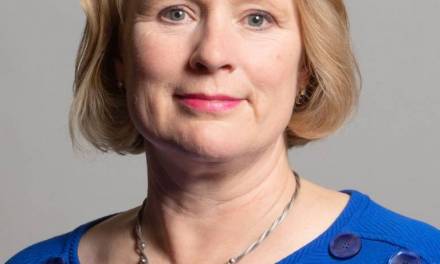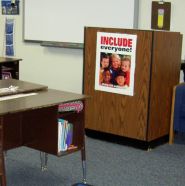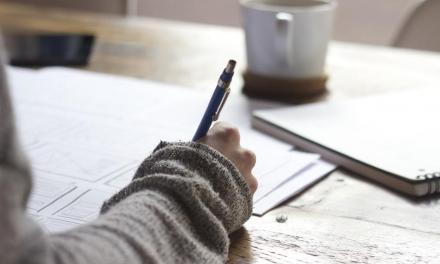The Government has issued updated guidance on safeguarding of children as a consequence of the coronavirus pandemic.
It comes as it has emerged only a tiny fraction of at risk students are attending schools. It is believed only 5% of vulnerable children that should have been at school have been there during the crisis.
The guidance comes as teachers adjust education strategies and follows six core areas. This blog post explains the guidance.
What is the updated coronavirus safeguarding guidance?
The guidance considers six main areas:
- Safeguarding pupils and teachers online
- Reporting concerns
- Communicating with parents, carers and pupils
- Virtual lessons and live streaming
- Providing pastoral care remotely
- Personal data and GDPR
What does the guidance tell us?
From a safeguarding perspective, remote learning is an extension of school. Thus, safeguarding should follow the same principles set out in the school’s behavioural policy – teachers, pupils, parents and carers should understand expectations of these.
A clear reporting process for safeguarding should be set up and promoted. This is from the teachers perspective, the students perspective and the parents perspective. Practical support from services (from Youtube to the police) should be signposted.
The aim of the guidance is to maintain as much of a professional practice between parties. This means ensuring communication only takes place during school hours and through appropriate channels. This also includes the use of school email accounts.
What does the Government guidance say about live lessons?
There is no expectation that teachers are delivering live streaming lessons.
The process of lessons should be comfortable for everyone involved (teachers, leaders, pupils, parents). Teachers should utilise quiet areas in order to talk to pupils. Also consider what is in the background of any broadcast.
By creating a structure, it helps to reduce stress and anxiety.
How do safeguarding and GDPR fit together with remote learning?
EDLounge has said before that safeguarding trumps GDPR, however the updated data legislation has a huge role to play.
Schools must not share contact details with other parties (i.e. other pupils) who do not need to know this information. Using commercially available tools (such as EDLounge) prevents this information from being shared.
For more information, click here.
Why is safeguarding EDLounge Limited’s number one priority?
For more information on ensuring your child is safeguarded at home, click here.
EDLounge functions with a range of safeguarding facilities accessible. These include alert mechanisms, questions, video/instant chat with enhanced-CRB checked staff and eyes-on learning.
With a webcam enabled, teachers can raise any concerns they witness online with the relevant individual in the school (Safeguarding Lead) or other authority.
With over 10,000 lessons in a wide range of subjects, EDLounge Limited aims to provide a fully inclusive learning system. It was inspected by Ofsted in 2019.
For more information, call 01909 568 338.

